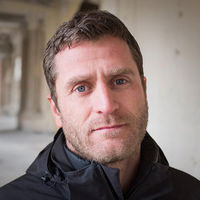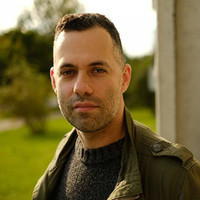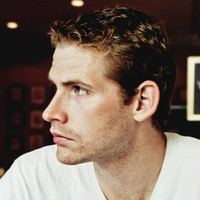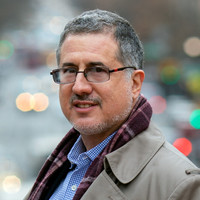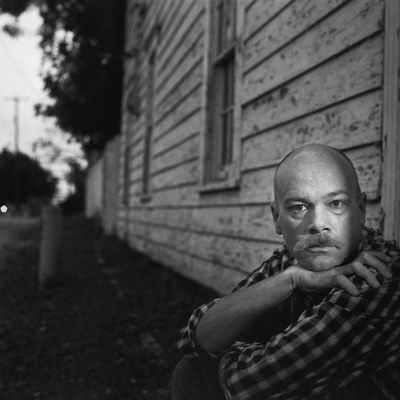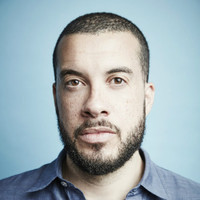Rukmini Callimachi covers ISIS for The New York Times. Part 2 of this episode is available here.
“Nine out of 10 Americans said they were aware of James Foley's execution. That's a huge win for ISIS. That's what they want. I think they've realized that journalists are the crème de la crème as far as targets. And that's a really scary thing for our profession.”
Thanks to TinyLetter and Lynda for sponsoring this week's episode. If you would like to support the show, please leave a review on iTunes.

